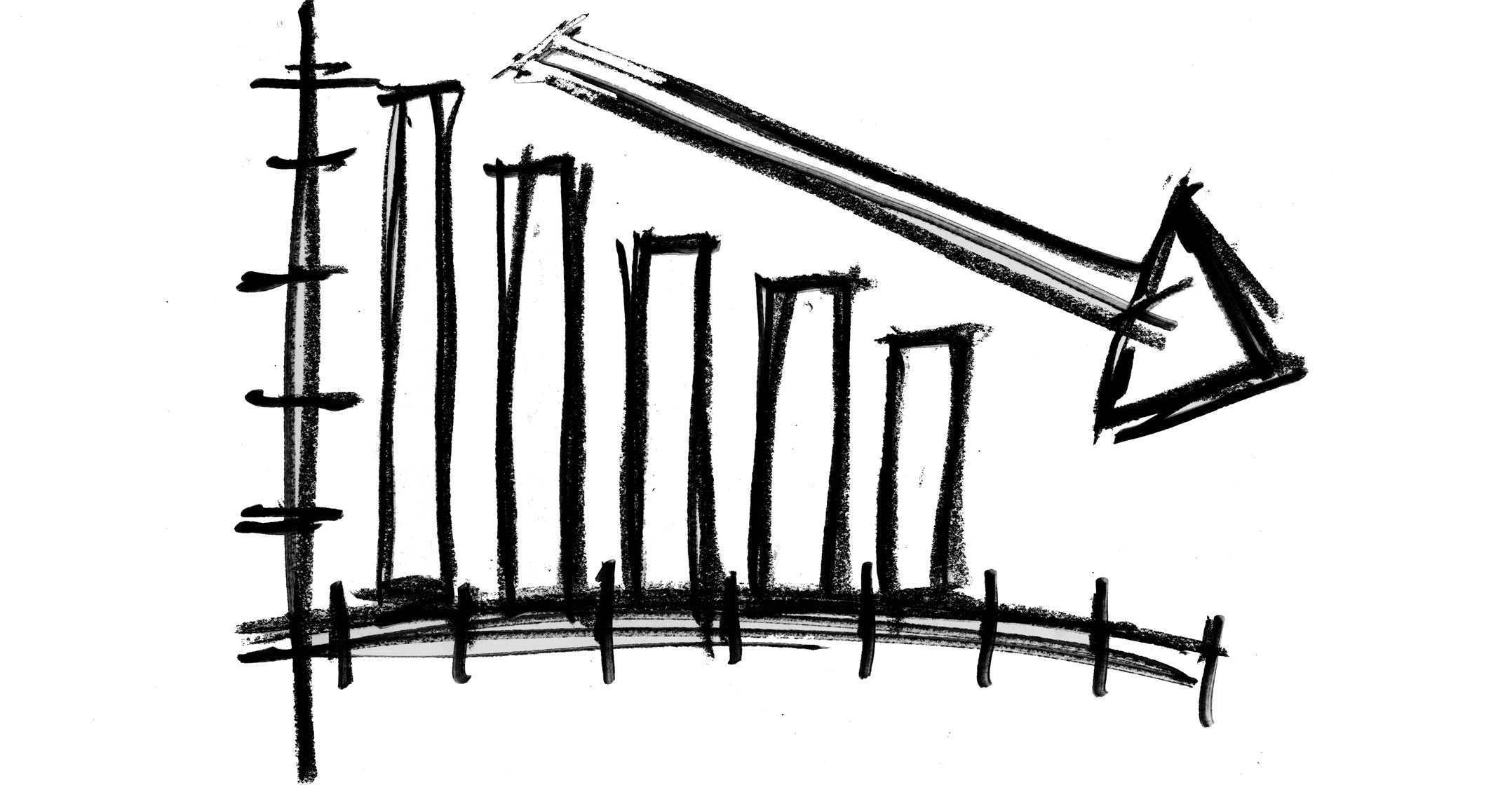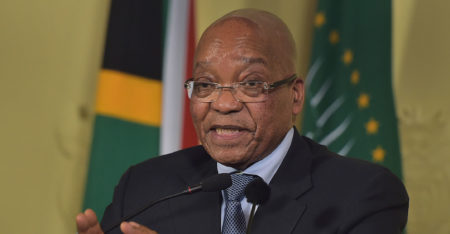
Business confidence has fallen to the lowest level since a partial state of emergency declared by the former all-white government in 1985.
An index compiled by the South African Chamber of Commerce and Industry fell to 89.6 last month from 95.3 in July, according to an e-mailed statement on Wednesday. That’s the lowest level since August 1985, the month then-President PW Botha gave his infamous “Rubicon” speech that ended hopes for an earlier end to apartheid.
Policy uncertainty and political turmoil, including an attempt by the anti-graft ombudsman to change the central bank’s mandate, new regulations published by the mines minister and a no-confidence motion in President Jacob Zuma, have weighed on the economy, which fell into a second recession in less than a decade this year. Two credit-rating companies cut their assessments of the nation’s foreign-currency debt to junk in April after Zuma removed investor favourite Pravin Gordhan as finance minister.
“Business has lost all trust in government,” Iraj Abedian, CEO at Pan-African Investments and Research Services in Johannesburg, said by phone. “Up to now, there has been one point of government that has been a point of solace and comfort — that was treasury, and now that has also become unreliable for business.”
The apartheid government declared a partial state of emergency in July 1985, amid international economic sanctions, to arrest and detain people seeking to overthrow the all-white state.
The rand weakened 0.2% to R12.94/US$ by 1.07pm in Johannesburg, taking the currency’s decline over the last three years to 17%.
While data on Tuesday showed the economy emerged from recession in three months to June, finance minister Malusi Gigaba said the quarter’s performance is not yet a reason to celebrate. The central bank has halved its economic growth forecast for the year to 0.5% and slower-than-expected expansion could complicate Gigaba’s task of reining in the budget deficit.
“The business climate remained sensitive to political posturing and an uncertain direction for the economy,” the chamber said. “Doubt about the effect of proposed economic approaches is debilitating to business confidence and especially investor confidence.” — Reported by Rene Vollgraaff and Arabile Gumede, (c) 2017 Bloomberg LP




